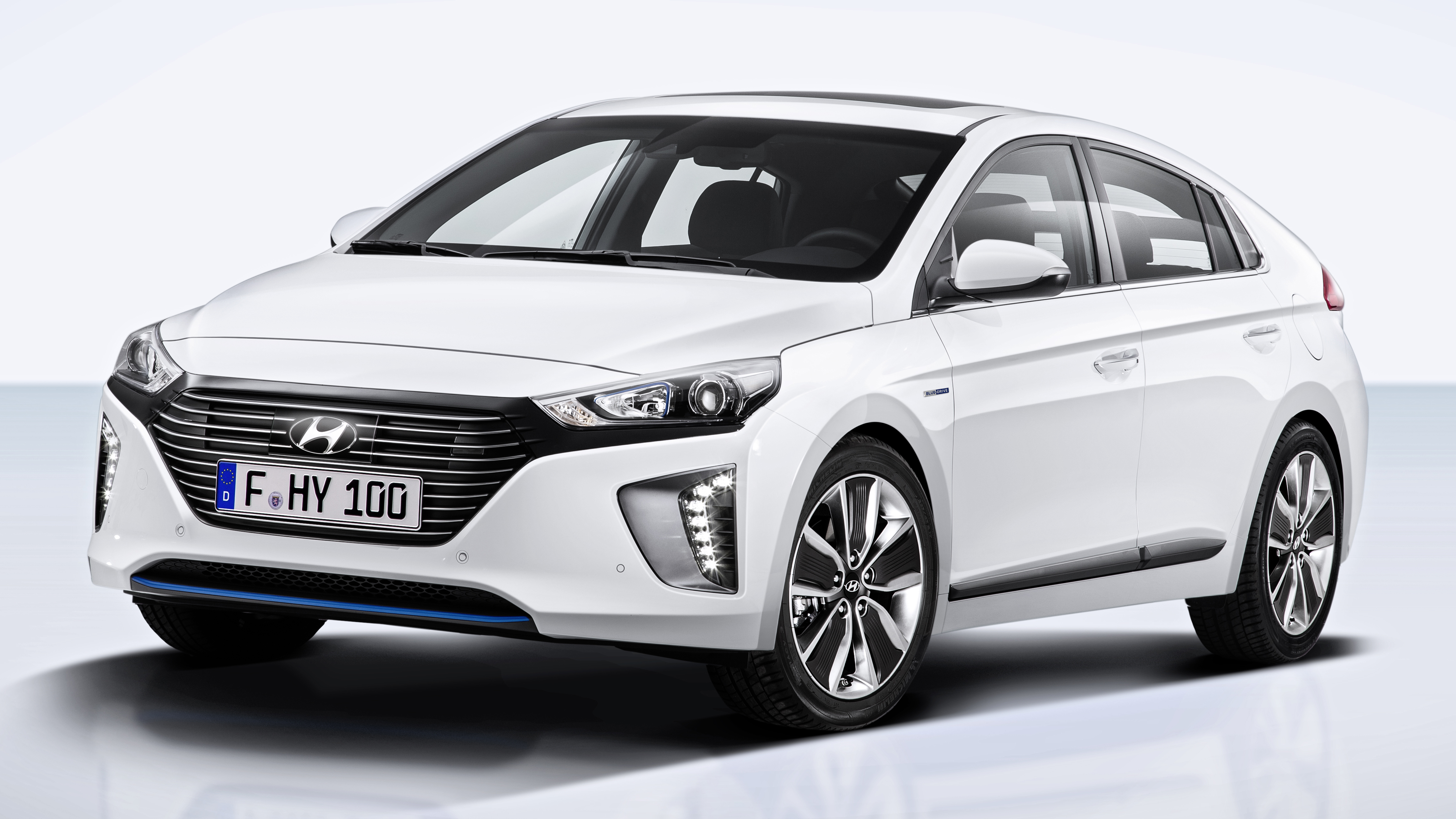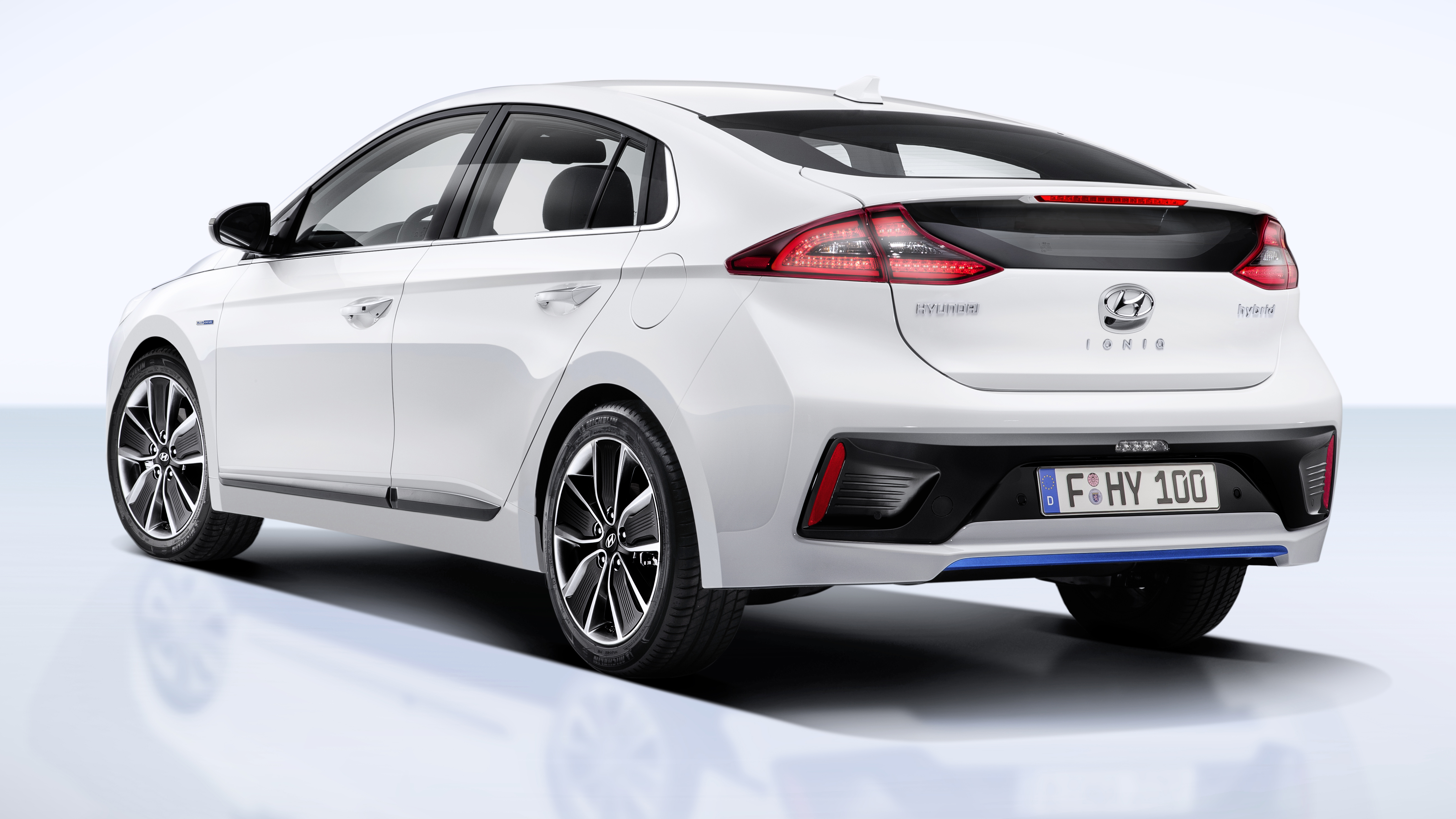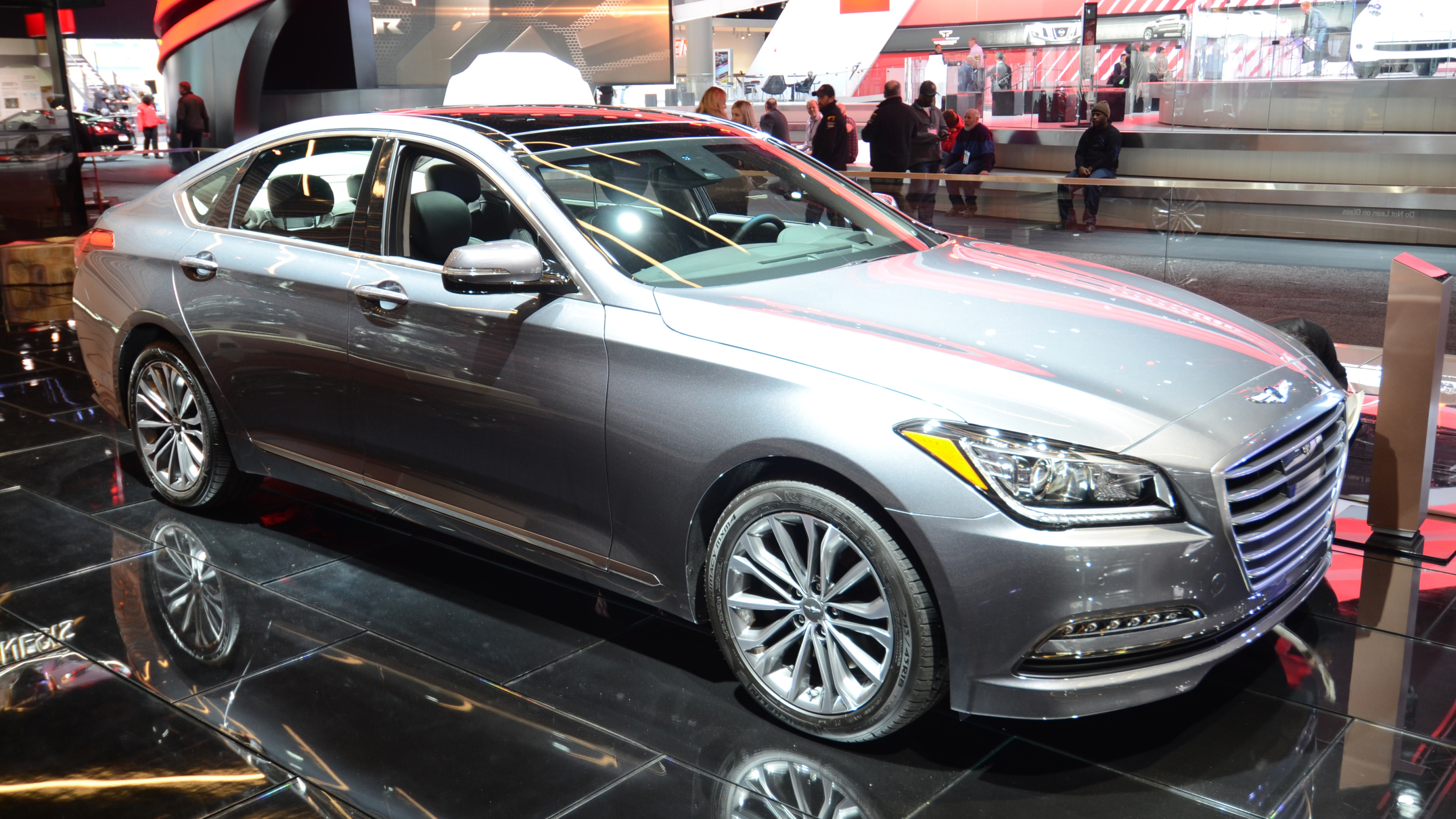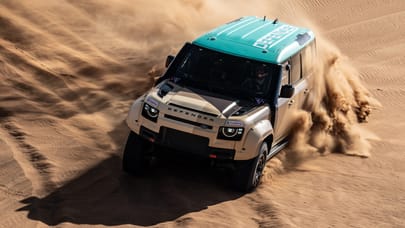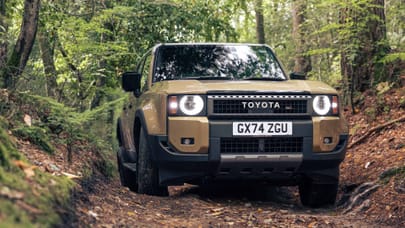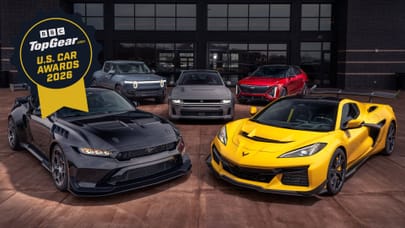
Hyundai: 22 new alternative fuel cars by 2020
UK boss Tony Whitehorn lets TG look into the Hyundai crystal ball. It contains MANY cars
Hyundai had a record year in 2015, selling nearly five million cars. But it’s just the beginning of some major growth, according to UK president Tony Whitehorn.
“By the end of 2018, the oldest car in our range will be the Ioniq,” he tells TG. The Ioniq (in white, above) is Hyundai’s new Prius rival. And it’s, um, not even been launched yet. Bold product planning, then.
“Between now and 2020, we’ll launch a total of 22 cars with alternative methods of propulsion,” he continues, barely having taken breath. Twelve of those will be hybrids, he reveals, the Ioniq - launching later this year - the first of those. It will eventually offer a choice of electric, hybrid and plug-in drivetrains.
“It’s much easier to go to market with a brand new car, than put these drivetrains under, say, a Tucson [Hyundai’s biggest UK seller],” says Whitehorn. “There will be no need for bespoke models eventually, but for now the Ioniq is necessary for marketing the technology. In the future you’ll be configuring your car and you’ll select the trim level, then the propulsion method, then the colour.”
Those 22 cars will include two hydrogen fuel-cell vehicles, too. Hyundai already has one - the ix35 Fuel Cell - which has sold rather modestly, with 250 in Europe, and 13 in the UK. But it’s a matter of ‘when’ rather than ‘if’ for hydrogen-powered cars, in Whitehorn’s eyes. He forecasts 300,000 of them in Europe by 2030.
“My grandchildren will be driving fuel cell cars. It will be the major method of propulsion. But it’s when that is…”
Looking shorter term, we’ll finally see Hyundai’s N performance division launch next year, with Whitehorn describing 2017 as the company’s “year of dynamism”.
He - nor any of his colleagues working on those N division cars - will be drawn on how far along they are, nor what form they will take, other than they will be an “underdog” in the performance car market. You’d be a fool to bet against the first examples being hot hatchbacks, with N versions of the i20 and i30 surely the most natural cars to wear such a badge.
Genesis, meanwhile, Hyundai’s new DS-style luxury offshoot, will possess six models by the end of the decade. “Genesis in Europe?” ponders Tony. “Possibly, in fact probably. But in the UK there may be some issues with making them right-hand drive.”
It’s one heck of a stall to set: an almost entirely new range by the close of 2018, and major launches of performance, luxury and alternative fuel cars before and after that date. It’s all thanks to Hyundai’s lofty position in the world car market, says Whitehorn. Group it with Kia and you have the world’s fifth largest company sales-wise, and the UK boss cites exceedingly strong domestic sales - the two brands together commanding 80 per cent of their home Korean market - for this.
Top Gear
Newsletter
Thank you for subscribing to our newsletter. Look out for your regular round-up of news, reviews and offers in your inbox.
Get all the latest news, reviews and exclusives, direct to your inbox.
“The money we make is ploughed almost entirely into product,” he adds. “We’ve no interest in acquiring companies like Volkswagen does.”
The result? The next ten years yielding an even more dramatic change for Hyundai’s range than the last ten. When you consider it was still selling the Amica and Trajet a decade ago, that’s big news…
Trending this week
- Car Review
BMW 1 Series
- Top Gear's Top 9
Nine dreadful bits of 'homeware' made by carmakers




